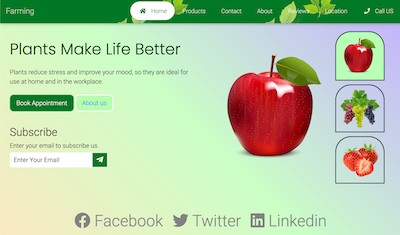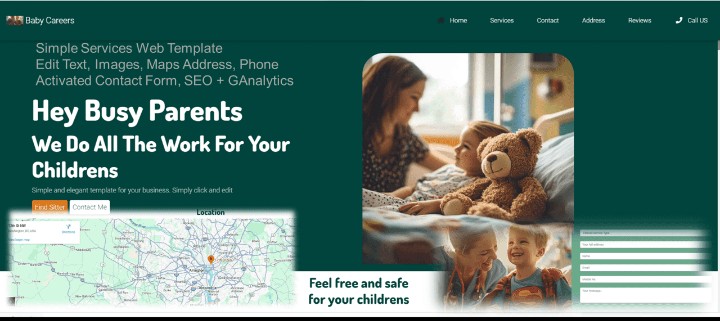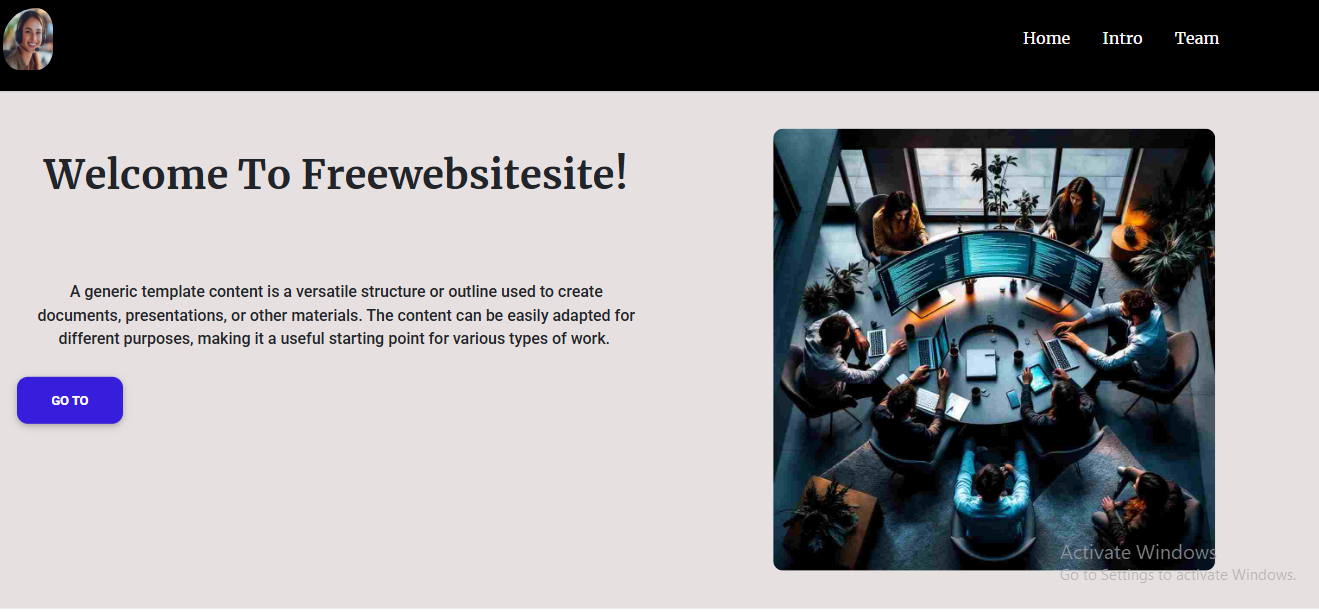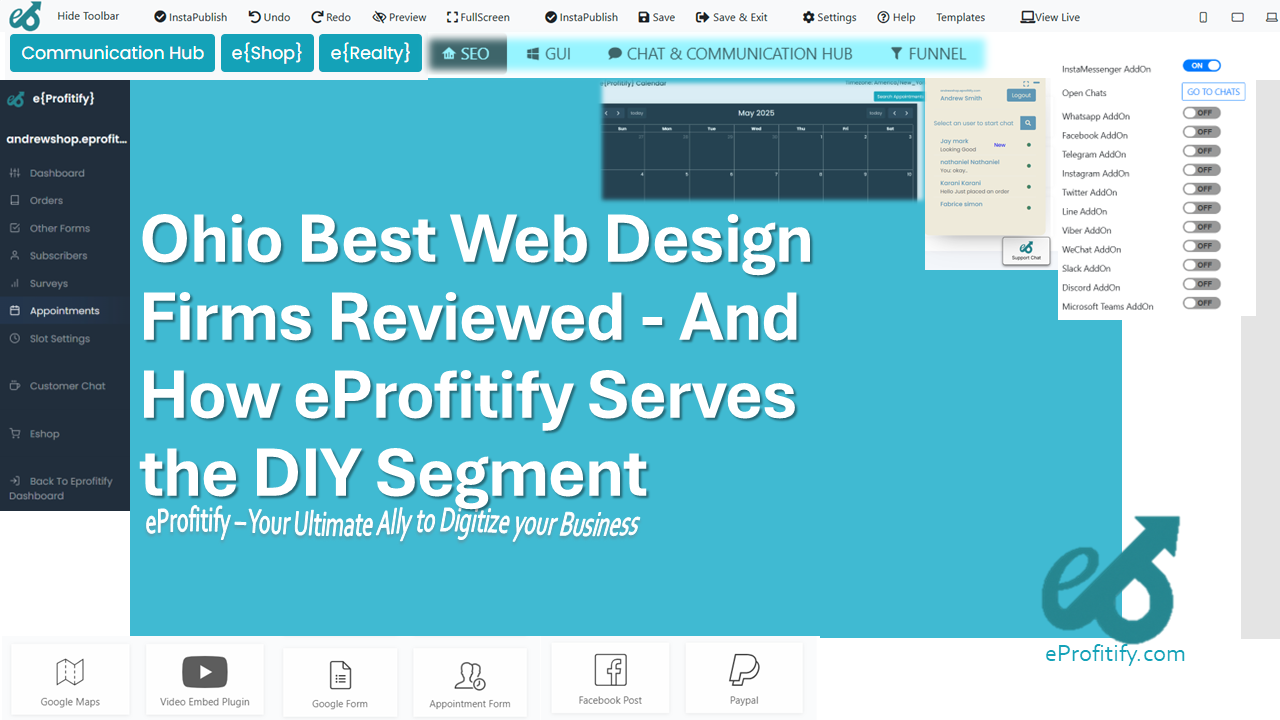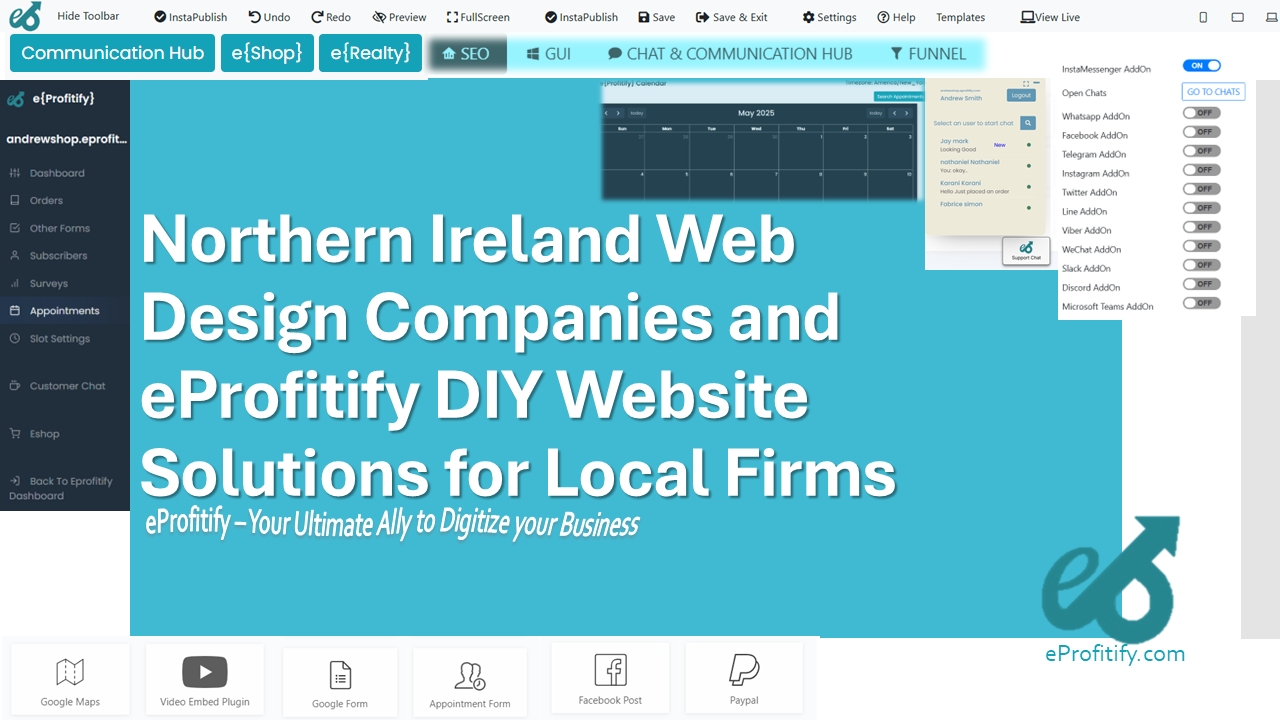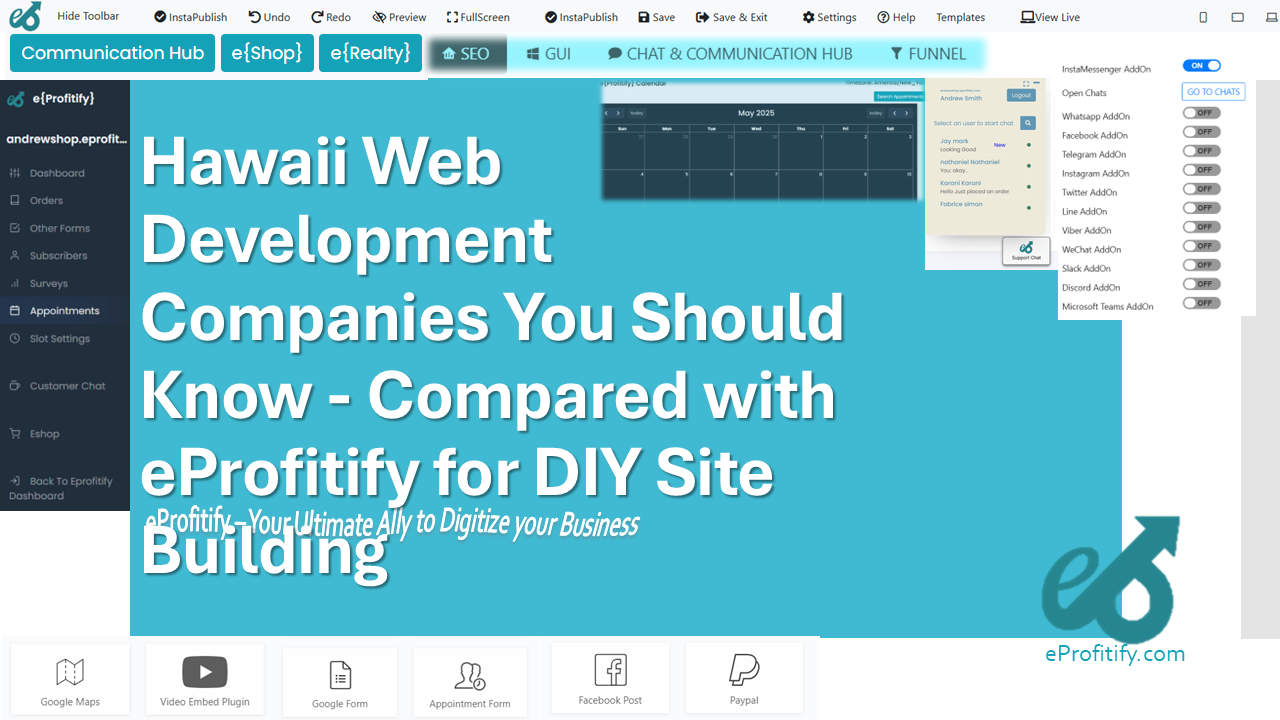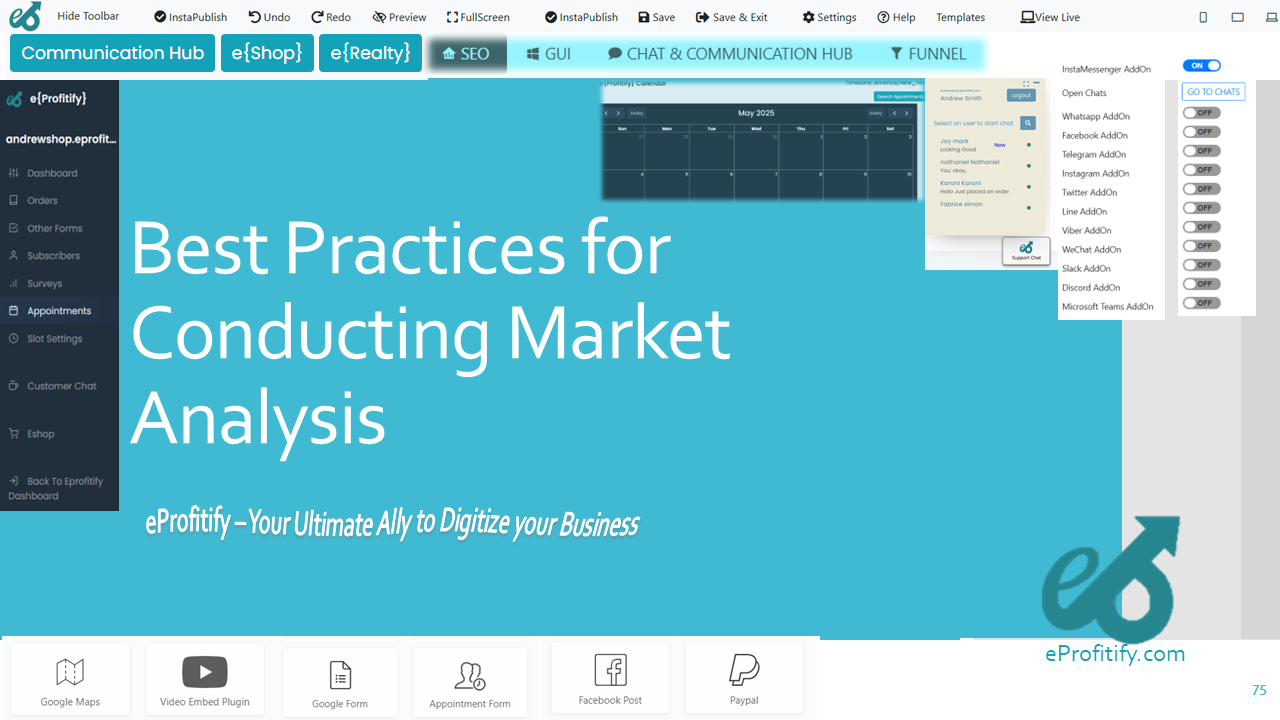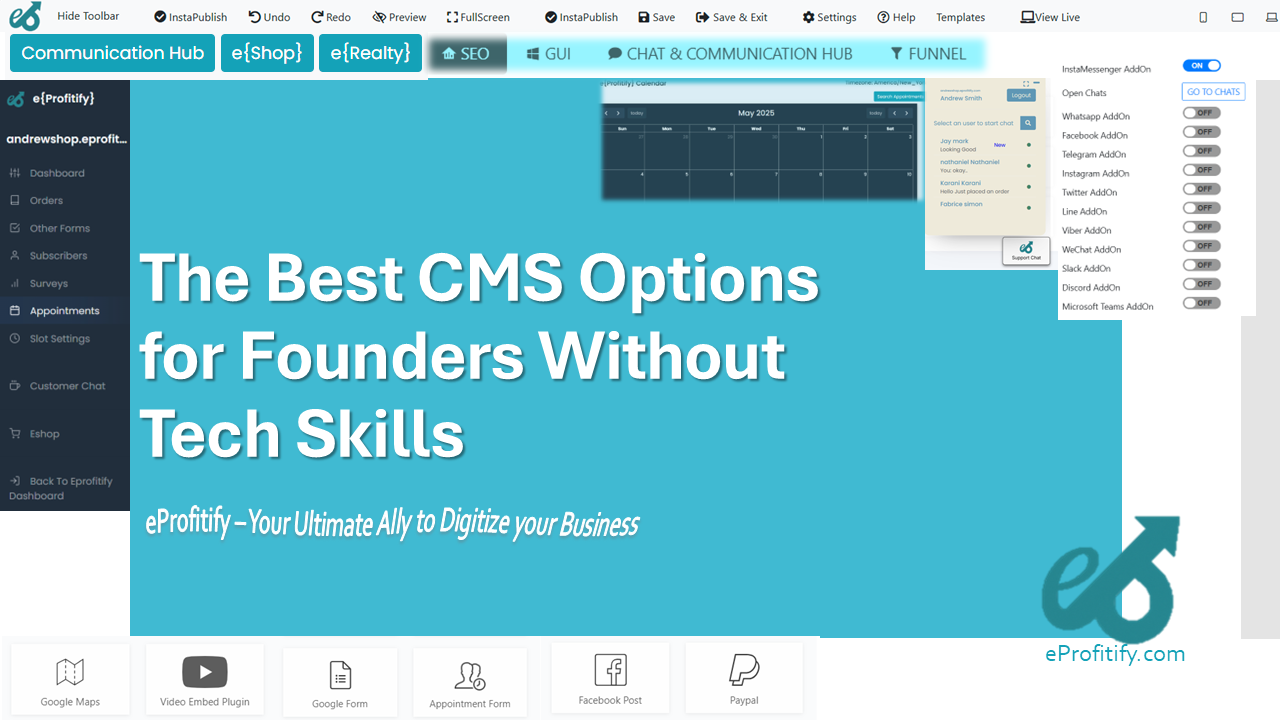Listicles vs Tutorials Which Format Ranks Better
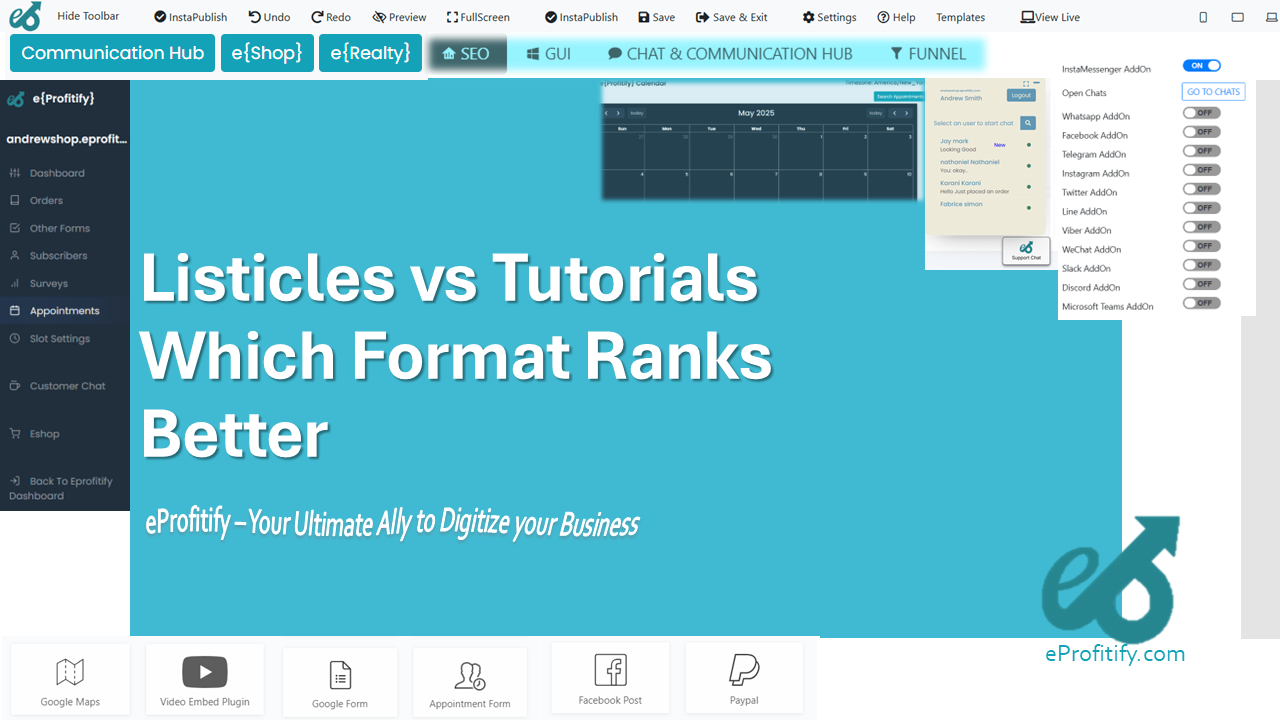
Schedule a LIVE Zoom call with an eProfitify Expert.
In the ever-evolving landscape of digital content, creators and marketers often debate the effectiveness of listicles versus tutorials. Both formats cater to distinct user intents, engagement styles, and SEO strategies. Understanding their strengths, weaknesses, and performance metrics is critical for optimizing content strategy. This analysis explores which format ranks better, supported by statistics, and highlights how eprofitify—a leading website publishing and management tool—empowers creators to leverage both formats effectively.
Listicles: Bite-Sized Engagement
Listicles, structured as numbered or bullet-point guides, offer digestible information. They thrive on brevity, making them ideal for audiences seeking quick takeaways. Common examples include “Top 10 Tools for SEO” or “7 Ways to Boost Productivity.” Their scannable format aligns with diminishing attention spans; 43% of readers admit to skimming blog posts, favoring clear headings and bullet points (HubSpot, 2023).
Statistics Highlighting Listicle Performance:
- Listicles generate 2x more social shares than “how-to” guides (BuzzSumo, 2022).
- Articles with numbers in headlines see a 15% higher click-through rate (CTR) on search engines (Backlinko, 2023).
- 85% of marketers report higher engagement with listicles for middle-of-funnel content (Content Marketing Institute, 2023).
However, listicles often struggle with dwell time. Their concise nature can lead to lower average session durations (under 2 minutes), which may negatively impact SEO ranking algorithms prioritizing in-depth content.
Tutorials: Depth and Authority
Tutorials provide step-by-step instructions to solve specific problems, such as “How to Set Up Google Analytics” or “Building a WordPress Site from Scratch.” These guides target users in the decision or solution stage of the buyer’s journey, offering actionable insights. Tutorials typically rank higher for long-tail keywords, attracting 70% of search traffic focused on problem-solving (Ahrefs, 2023).
Statistics Highlighting Tutorial Performance:
- Tutorials average 3x longer dwell times (4+ minutes) compared to listicles (SEMrush, 2023).
- 62% of users prefer video or text tutorials when learning new skills (Statista, 2023).
- Pages with over 2,000 words (common in tutorials) rank 1.3x higher on Google (Backlinko, 2023).
Despite their SEO advantages, tutorials require significant research and time investment. Poorly structured guides may overwhelm readers, leading to higher bounce rates if content isn’t user-friendly.
SEO and Conversions: Which Performs Better?
The ranking potential depends on audience intent and keyword strategy. Listicles excel at capturing broad, top-of-funnel queries (e.g., “best CRM software”), while tutorials dominate niche, long-tail searches (e.g., “how to integrate CRM with Shopify”). Google’s E-E-A-T (Experience, Expertise, Authoritativeness, Trustworthiness) framework increasingly rewards tutorials for their depth, resulting in 25% higher organic visibility for detailed guides (Moz, 2023).
Conversions, however, favor listicles in sectors like ecommerce. Product roundups and “best of” lists drive 30% more affiliate clicks compared to tutorials (Impact, 2023). Meanwhile, tutorials convert 20% better for SaaS and B2B services by demonstrating product utility (HubSpot, 2023).
How eprofitify Enhances Both Formats
eprofitify streamlines content creation and management, offering tools tailored to both listicles and tutorials. Its instant messaging feature facilitates real-time collaboration for brainstorming listicle ideas or refining tutorial scripts. The appointment management system helps schedule interviews with experts, adding credibility to tutorials.
For SEO optimization, eprofitify’s built-in analytics track keyword performance, enabling creators to refine listicle headlines or expand tutorial topics. Its ecommerce integration allows direct product embedding in listicles, turning recommendations into revenue streams. The CRM tool segments audiences, ensuring tutorials reach users based on their interests or pain points.
Conclusion
Listicles and tutorials serve unique purposes: listicles attract quick engagement, while tutorials build authority. While tutorials often rank better for niche queries, listicles drive social traction and conversions. Integrating both into a content strategy maximizes reach and impact. Platforms like eprofitify simplify this balance through multifunctional tools, from CRM to SEO analytics, helping creators adapt to dynamic audience needs. By leveraging data and versatile formats, businesses can optimize visibility, engagement, and ROI.
